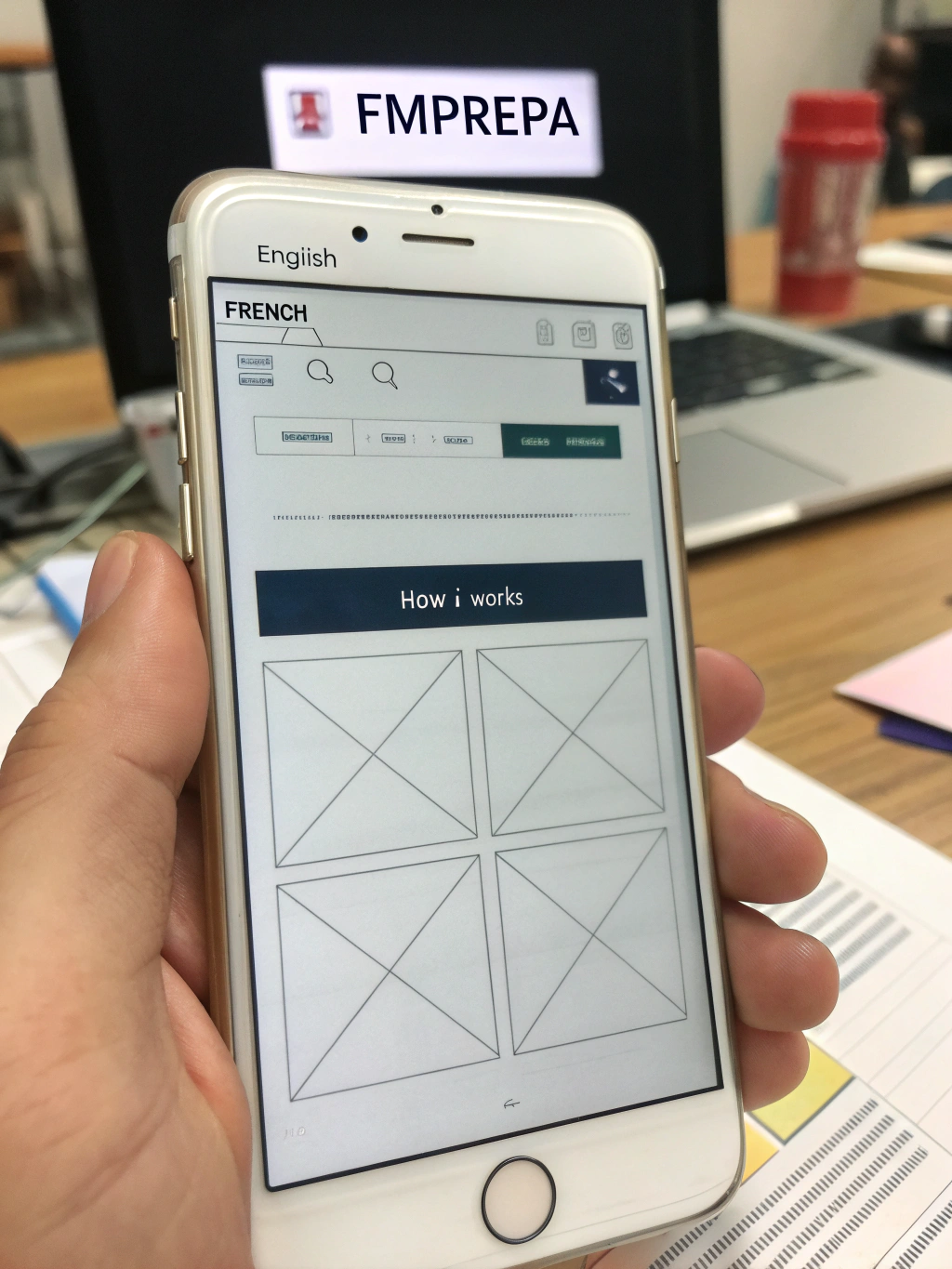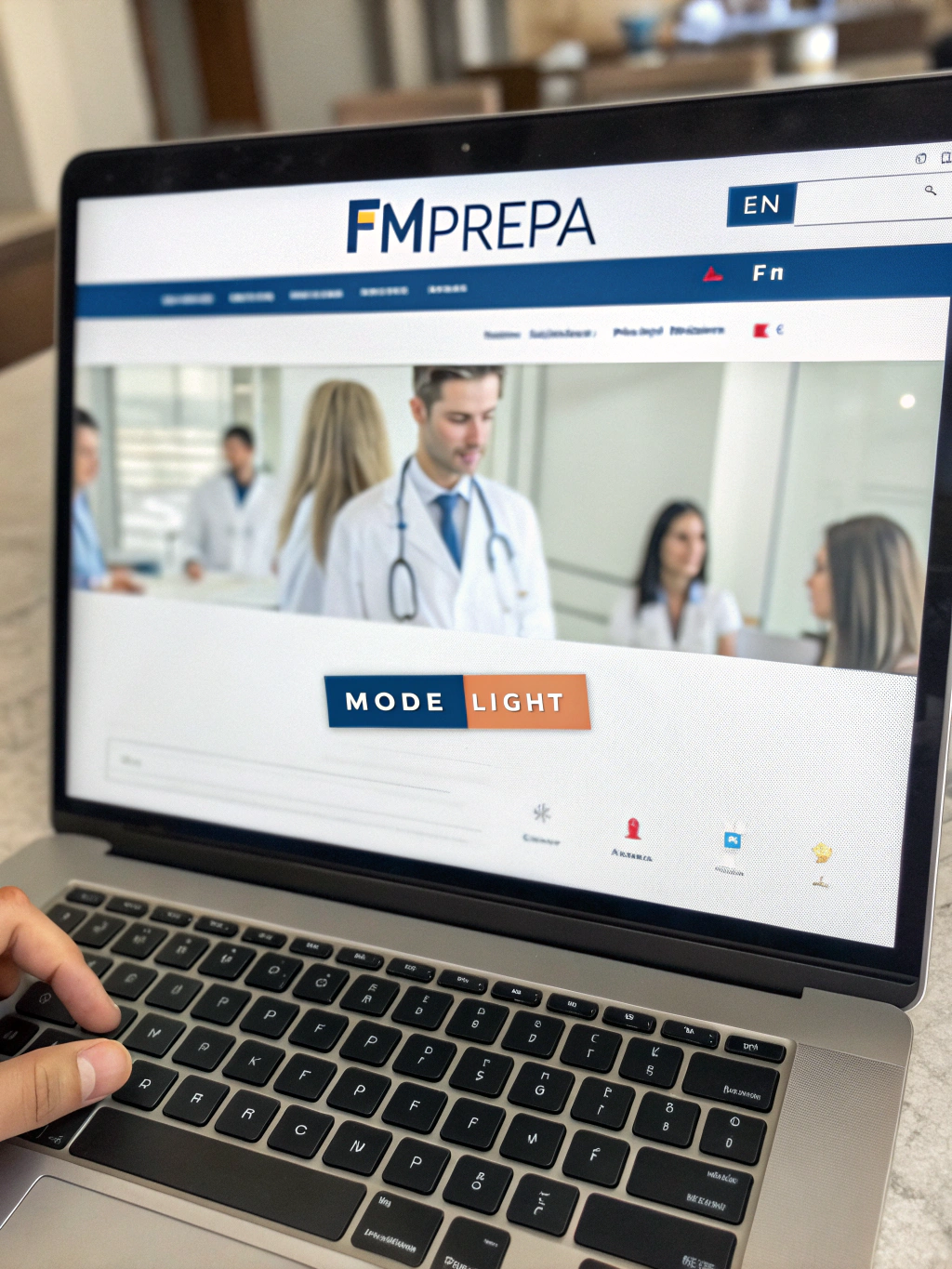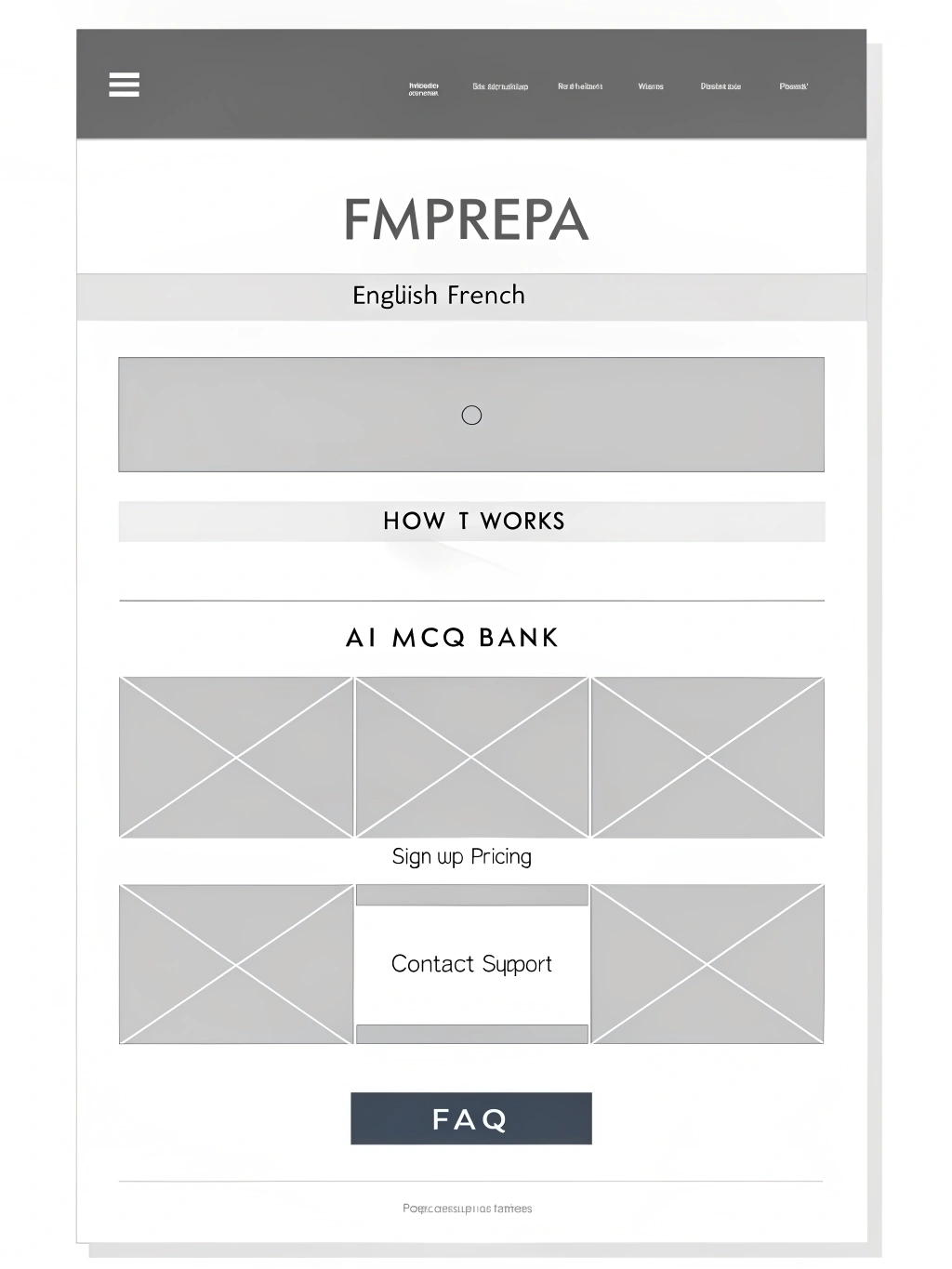Medical Education Trends in 2025
The landscape of medical education is rapidly evolving, with new technologies and methodologies reshaping how future healthcare professionals learn and train. As we look ahead to 2025, several key trends are emerging that promise to transform medical education fundamentally.
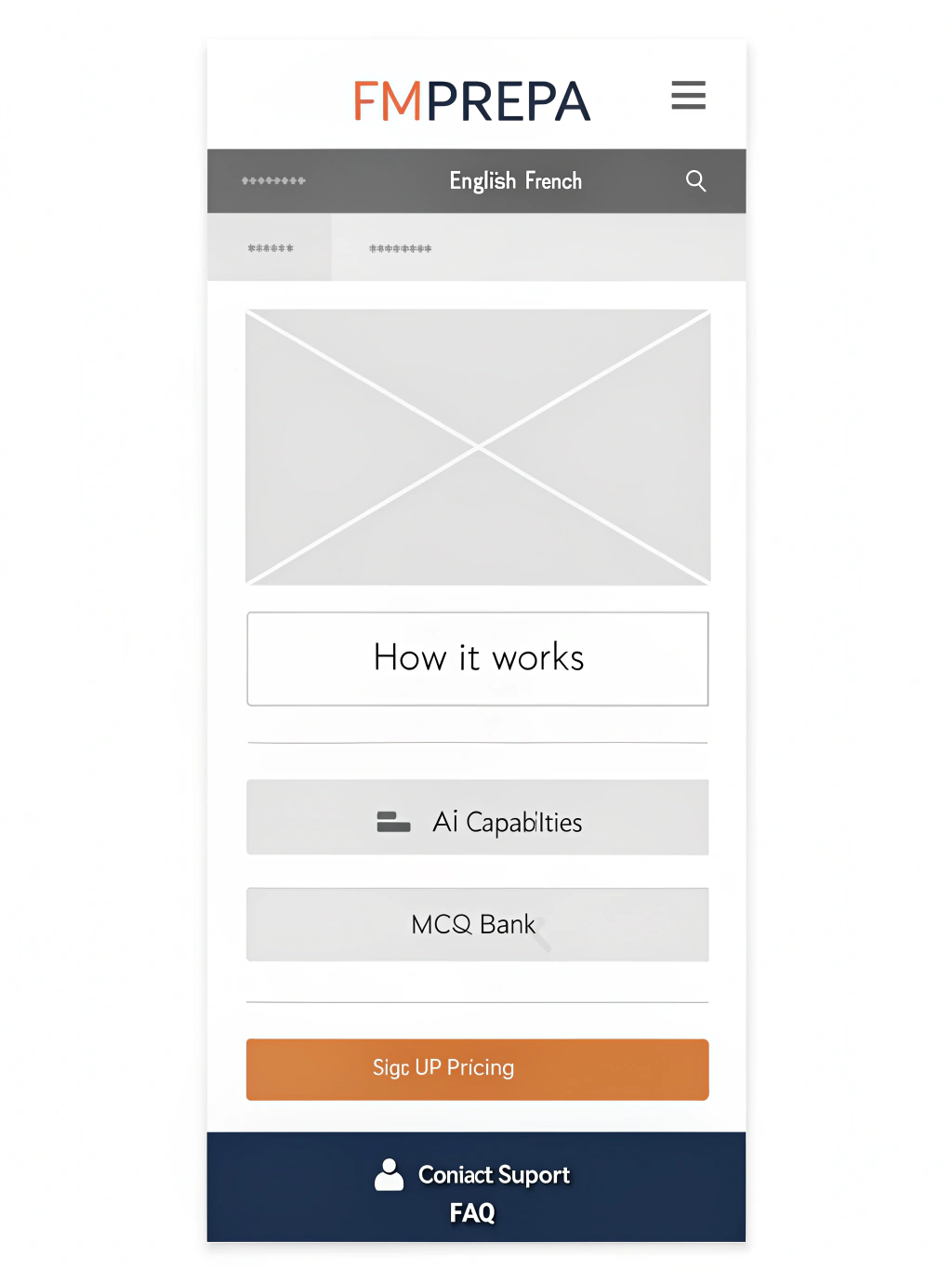
Modern medical education combines traditional methods with cutting-edge technology
Key Statistics
- 85% of medical schools plan to implement VR training by 2025
- 73% increase in early clinical exposure programs
- 92% of students prefer hybrid learning approaches
- 60% reduction in learning time with adaptive platforms
Virtual Reality in Medical Training
Virtual Reality (VR) has become an indispensable tool in medical education, offering immersive experiences that allow students to practice procedures and study anatomy in unprecedented detail. Medical schools worldwide are incorporating VR labs as a standard part of their curriculum.
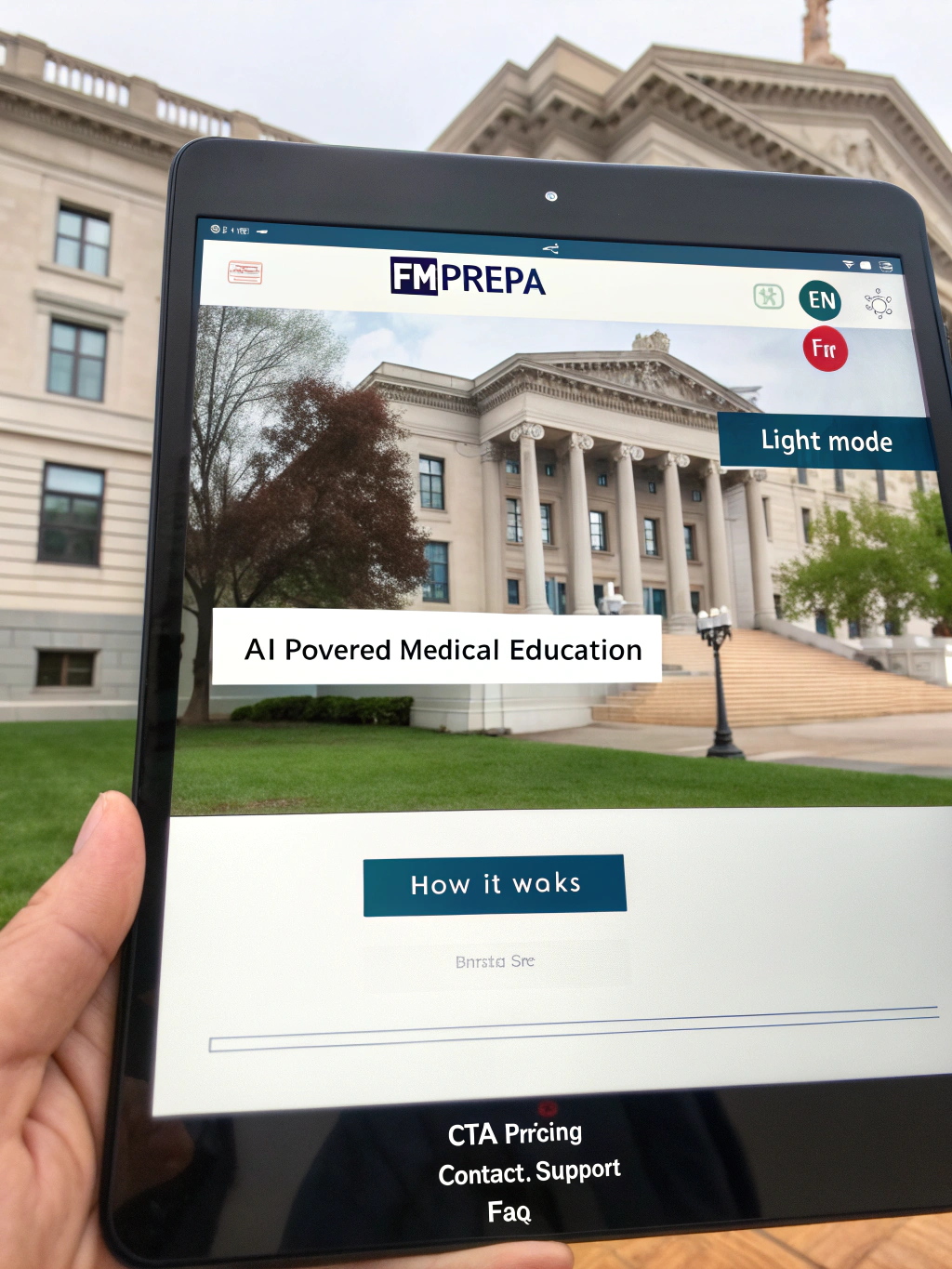
Students using VR technology for anatomical studies
Benefits of VR Training
Risk-Free Practice
Students can practice complex procedures without risk to patients
Detailed Visualization
Enhanced 3D visualization of anatomical structures
Scenario Repetition
Multiple attempts at complex procedures for mastery
Remote Learning
Access to virtual labs from anywhere in the world
Adaptive Learning Platforms
AI-powered adaptive learning platforms are revolutionizing how medical students prepare for exams. These systems analyze individual performance patterns and adjust content difficulty in real-time, ensuring optimal learning efficiency.
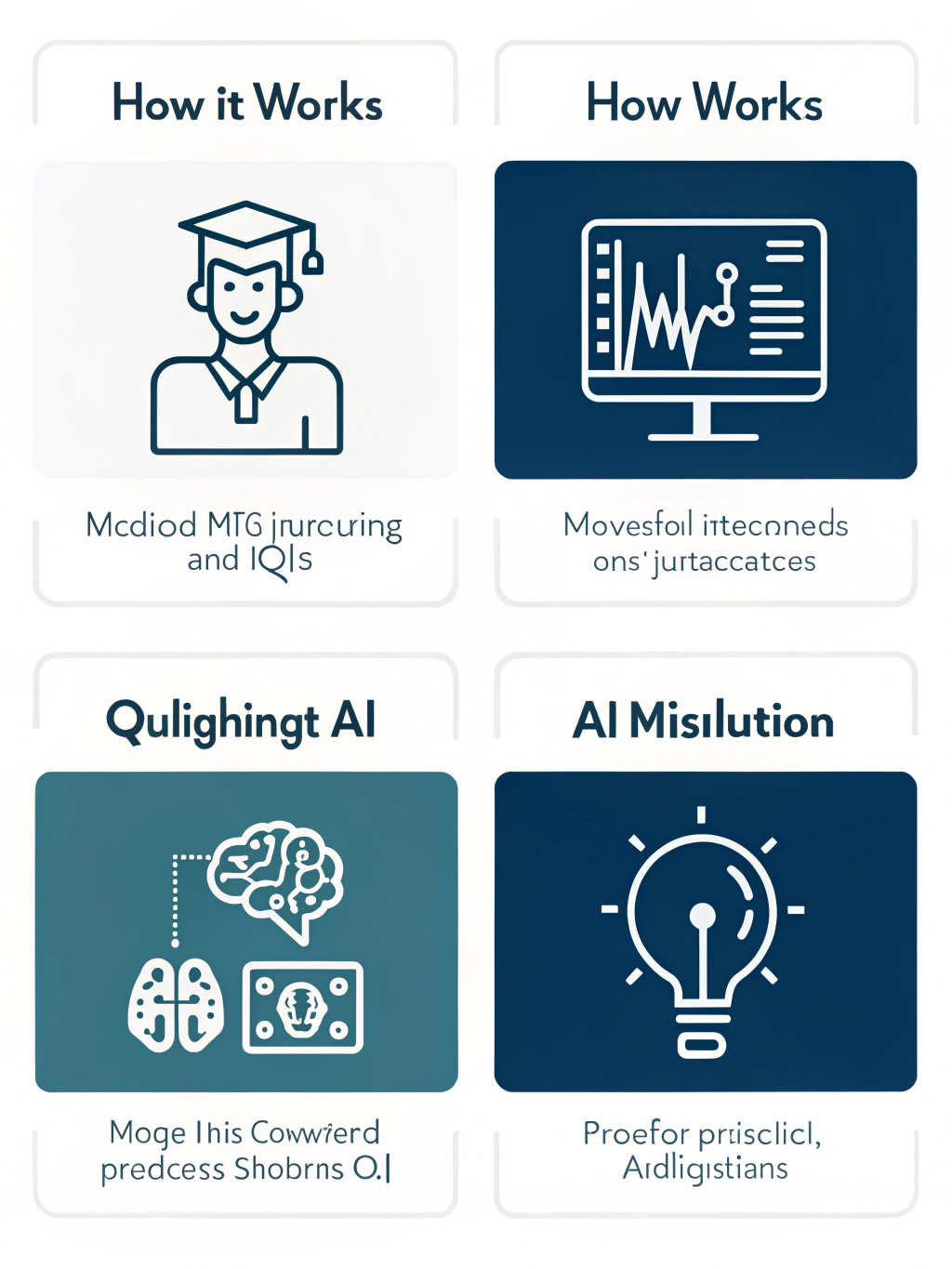
Adaptive platforms provide personalized learning experiences
Expert Opinion
"The combination of AI and adaptive learning is transforming medical education. We're seeing students master complex concepts in half the time it traditionally took."
- Dr. Emily Rodriguez, Educational Technology Director
Integration of Clinical Experience
There's a growing emphasis on early clinical exposure, with medical schools integrating patient interaction from the first year. This approach helps students develop practical skills alongside theoretical knowledge.
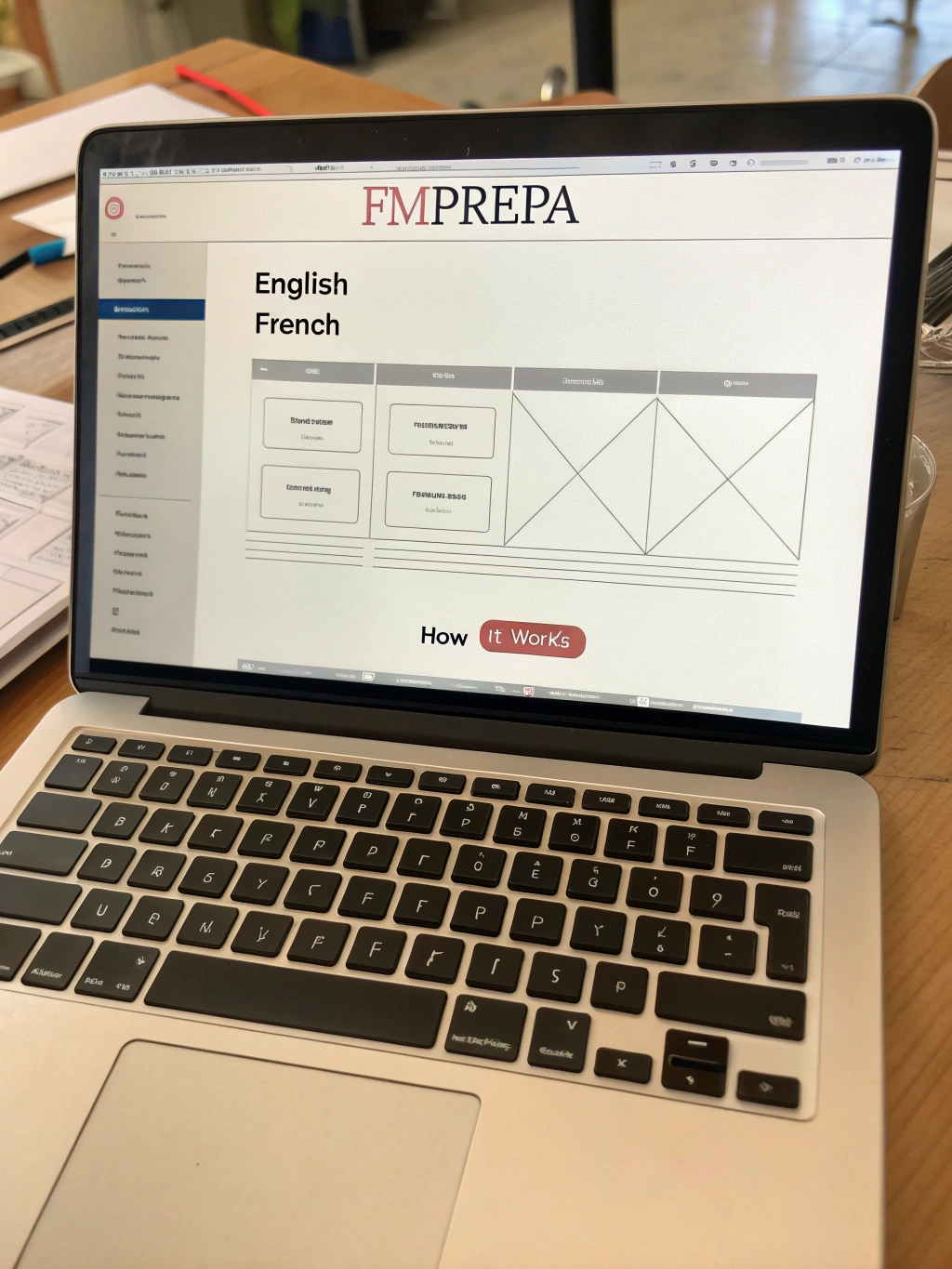
Early clinical exposure enhances practical skills development
Benefits of Early Clinical Exposure
-
Better Context Understanding
Students grasp the practical application of theoretical concepts more quickly
-
Enhanced Communication Skills
Early patient interaction develops crucial communication abilities
-
Increased Motivation
Real-world experience helps maintain student engagement
Focus on Soft Skills
Modern medical education increasingly emphasizes communication skills, empathy, and cultural competence. These soft skills are now considered as crucial as technical medical knowledge.
Empathy Training
Virtual simulations for developing emotional intelligence
Cultural Competency
Understanding diverse patient backgrounds and needs
Communication Skills
Advanced techniques for patient interaction
Collaborative Learning Models
Inter-professional education is becoming more prevalent, with medical students training alongside nursing, pharmacy, and other healthcare students to better understand team-based care delivery.
Collaborative Learning Benefits
- Enhanced team communication skills
- Better understanding of different healthcare roles
- Improved patient care coordination
- Reduced medical errors in team settings
Looking Ahead
As we move towards 2025, medical education continues to evolve with new technologies and methodologies. The focus remains on creating competent, compassionate healthcare professionals through innovative learning approaches.
Future Developments
- Integration of augmented reality in clinical training
- Advanced simulation technologies for rare conditions
- Global virtual learning communities
- Personalized competency-based progression
Contribute Your Insights
Are you a medical educator or professional? Share your thoughts on these trends or suggest additional developments you've observed in medical education.
About the Author
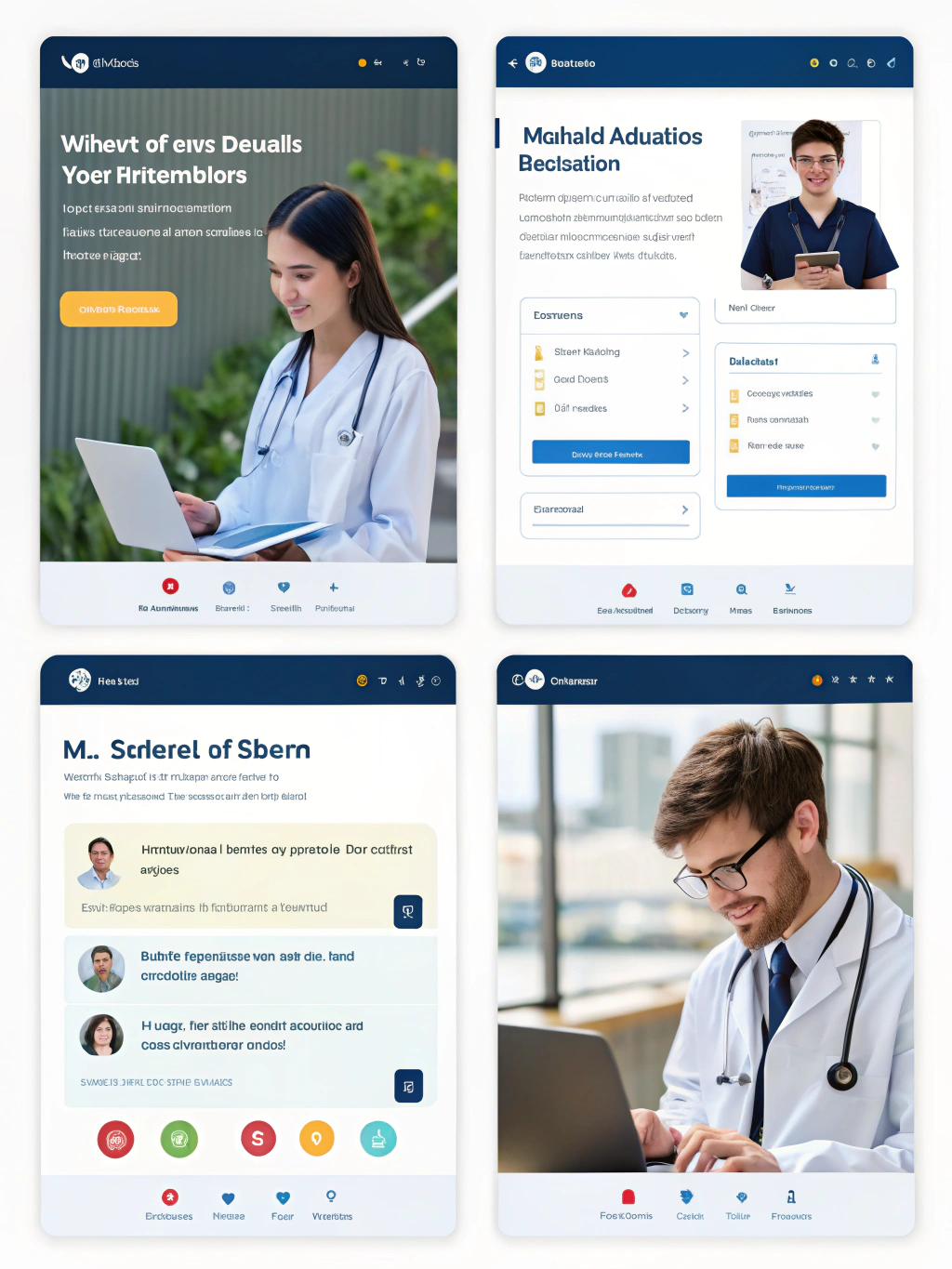
Dr. Sarah Johnson, MD
Director of Medical Education at University Medical Center. Dr. Johnson has over 15 years of experience in medical education and is passionate about incorporating innovative teaching methods in medical training.
